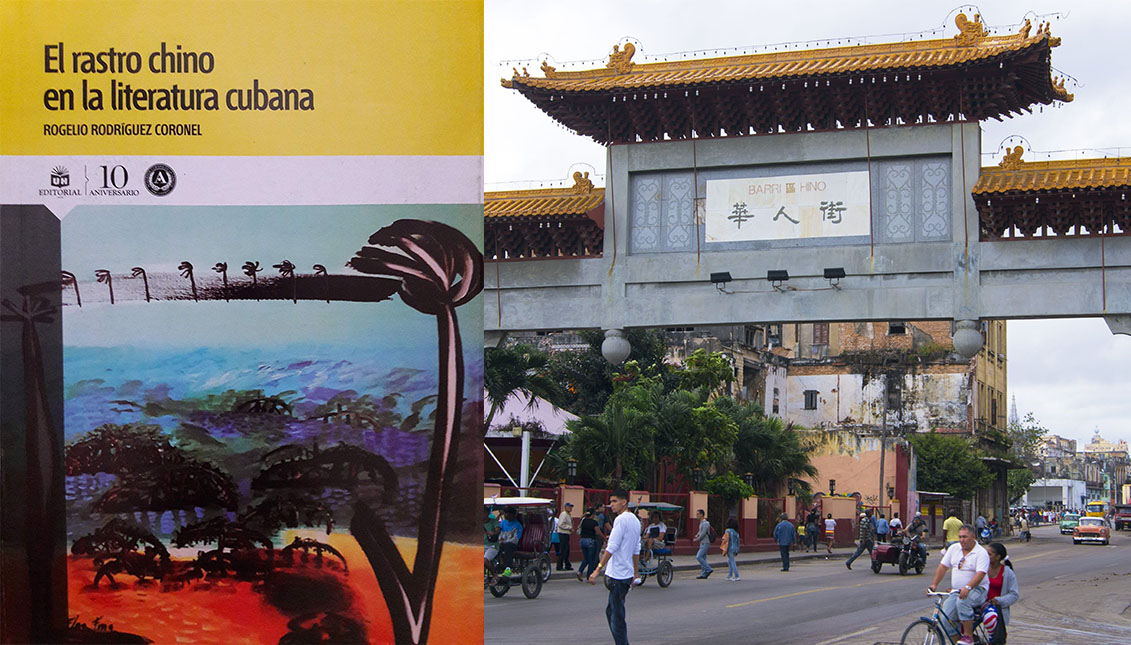
An essay on Chinese influence in Cuban literature wins important critic's award
Since the beginning of the 19th century, several waves of Chinese migrations arrived on the island, creating a cultural mix that has reached the literature.
The emblematic Paradiso, by José Lezama Lima, or Mi tío, el empleado, by Ramón Meza, are two of the works that Rogelio Rodríguez examined in his original essay El rastro chino en la literatura cubana, a recent winner of the National Prize of the Book Critics' Circle in 2020.
The thread of the work is the tradition that has managed to take root, through generations of Chinese descendants, in the cultural heart of the island. It's accomplishment is to sustain a fluid dialogue between two peoples so geographically distant.
In public statements about the work, Rodríguez has highlighted the sustained interest observed in the Republic of China to promote the study of the Spanish language. This is the basis that would currently allow a constant and fertile dialogue between the Caribbean and Asian giant.
He goes on to propose that Cuba should become the intermediary between the Chinese people and the Spanish-speaking communities.
Rogelio Rodríguez Coronel is a regular in Cuban and international philological journals. He is the President of the Advisory Council of Letras Cubanas Publishing House of the Cuban Book Institute. Rodríguez Coronel also belongs to the Scientific Council of the University of Havana.
RELATED CONTENT
He has published a dozen works on Cuban literature of the Revolution and Panamanian literature.
He has been a visiting professor in many Spanish, German, Bulgarian and Russian universities. His academic career, full of awards and public recognition, culminated on June 13, 2016, when he was elected director of the Cuban Academy of Language.
The international dimension of Rodríguez's work is also very much appreciated. Not only has he studied the narrative of the Cuban Revolution (1981, 1986 and 2000), but also dealt with the Mexican one (1975). He directs the Association of Trans-Atlantic Literature Studies, which has branches in Spain, the United States and Cuba.
Right now, the author is expanding the award-winning essay with new discoveries he will add to the final version of the work, when it appears in book form. The restrictions caused by COVID-19 allowed him to continue outlining his research.
The award will be given to him during the 30th International Book Fair of Havana, which has no date yet.











LEAVE A COMMENT:
Join the discussion! Leave a comment.